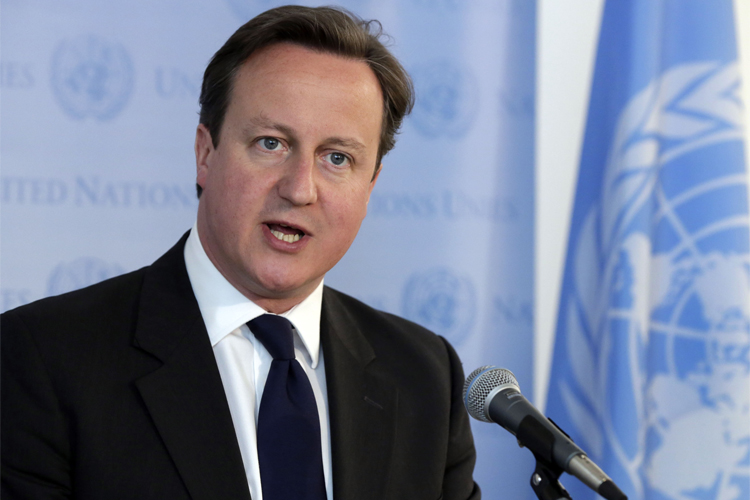Every household in the United Kingdom will soon have to opt-out of an automatic filter blocking access to Internet pornography if they want to view explicit material online, according to a new proposal announced on Monday by British Prime Minister David Cameron.
Cameron, who said access to pornography “corrodes childhood,” announced that the new regulations will go into effect by the end of next year. The filter, he added, will apply to all devices connected to the household’s network and across the public wi-fi network “wherever children are likely to be present.”
New customers will have the filter automatically activated, and existing customers will be contacted by their Internet providers to opt-in or out. Customers who do not respond to requests from providers to accept or decline the new terms of service will have the filter automatically activated.
While Cameron has indicated that the filter is intended to target child pornography (which is already illegal and monitored in the country) and images depicting violence against women, Internet privacy, feminist and free speech advocates have expressed concerns about the new proposal.
Laurie Penny at the New Statesman nicely captures what’s troubling about Cameron’s “family friendly” filter, which is also being packaged as an effort to curb the circulation of misogynistic and otherwise violent images:
The worst thing about this debate is that it turns a real-world, complex problem into a simple moral choice: porn is either good or bad, right or wrong, and not one shade of grey can be permitted, let alone 50. Having watched a great deal of pornography in the name of research and recreation, I can assure you that not all of it is violent, and indeed that almost any sexual taste, from the placid and petal-strewn to the eyebrow-raisingly reptilian, is catered to online for a modest fee.
It is equally true that there is something traumatic about a lot of modern-day pornography, something repressed, violent and deeply involved with a particularly vengeful misogyny that has been on the rise only since women have become more economically independent over the past two generations. Some people like that sort of thing; others have grown up learning it as an erotic script, because sex is fundamentally a social idea. To say that dirty pictures are the problem in themselves, rather than a structure of violent misogyny and sexual control, is to confuse the medium with the message.
And as Paul Bernal also notes, the implementation of the filter raises several complicated questions about censorship and free expression:
Will this be done automatically, or will there be some kind of “porn board” of people who will scour the internet for images and decide what is “OK” and what isn’t? […]
Who’s going to make the decisions, and on what basis? Further to that, who’s going to “watch the watchmen?” The Internet Watch Foundation, that currently “polices” child abuse images, though an admirable body in many ways, is far from a model of transparency (see this excellent article by my colleague Emily Laidlaw). If a body is to have sweeping powers to control content — powers above and beyond those set out in law — that body needs to be accountable and their operations transparent. How [is David Cameron] planning to do that?
In the United States, Rick Santorum proposed a similar ban on “hardcore pornography” while vying to be the Republican presidential nominee. While campaigning on the proposed restrictions, Santorum said that “America is suffering a pandemic of harm from pornography.”

